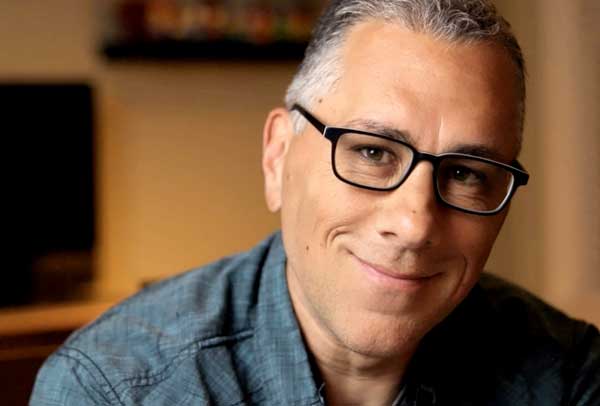A similar thing happens to me on many mornings lately.
My eyes open and I suddenly become aware that I’m awake. My mind quickly begins assembling the first few seconds of my day (making plans, organizing my checklist), when a terrible interruption breaks in and I remember:
Yes, that unhinged madman was actually our President. And yes, he and his administration really planned a violent insurrection that nearly toppled our Government, simply because he couldn’t admit that he lost an election. That really happened. And what’s worse, is that it feels like he’s going to get away with it.
The realization again turns my stomach, and I find myself contemplating going back to sleep but know that I can’t. I begin replaying everything in my head and struggle once more to make any sense of it all.
And just like that it’s January 6th all over again—and a fresh grief returns.
Sometimes, the sickening reminder of how close we are here to losing our elemental freedoms may abruptly intrude later in the day, while I’m having dinner with friends or driving through the countryside or playing in the yard with my children or laughing at a movie I love; tempering the joy, dimming the light.
Or, it may arrive at the end of the day, when the accumulated worries and the cataloged legislative assaults and the inventoried human rights threats of the day sit heavy on my chest and prevent sleep from coming because it feels like we are sliding inexorably toward the abyss.
And I know that I’m not alone.
I know that every single day, some variation of these moments is being played out millions of times inside the heads of people all over this country; people like me who have found the reservoirs of hope dangerously low in recent months, and who can’t seem to shake the profound sense of dread hovering always in the periphery of their daily life.
Yes, this is our Great Depression.
And it isn’t just the reality of the man who historically polluted the Presidency and abused his power no one has, or that he has mortally infected an entire party who is at the mercy of his rabid, cultic base—though that would be reason enough for despair. It’s the ugliness we’ve seen in his aftermath, it’s the collective delusion of millions of American. It’s the sickness that the country we love and call home has shown itself afflicted with. It’s the weight of every horrible reality about our nation: all our bigotry and discord and hatred set upon our chests, hampering our breath.
But it’s much closer than that, too.
It’s the words we’ve heard from family members, the stuff we’ve learned about our neighbors, the social media posts from church friends, the incendiary sermons from our pastors, the arguments we’ve had with co-workers. Every square inch of life seems polluted now. Nothing feels untouched by this movement of unprecedented cruelty.
And the question becomes: How do we transform this near paralyzing sense of sadness into something redemptive?
As with all grief, eventually there must be movement. When there is profound loss of any kind, the only real path is forward; to craft something beautiful and meaningful and life-affirming in response to what has been taken away.
It is the same in these days for those of us who feel cheated out of a kinder, more diverse, more decent America than the one we now have, and to rescue the nation that still could be from the one that currently is. Individually and collectively, we will have to be the daily, bold, defiant pushback against all that feels and is wrong here—and without delay.
This pushback will come in the small things; in the art we create and the conversations we have and the quiet gestures of compassion that are barely visible.
It will come in the way we fully celebrate daily life: having dinner with friends, driving through the countryside, playing in the yard with our children, laughing at a movie we love.
It will come as we loudly and unapologetically speak truth where truth is not welcome.
It will come as we connect with one another on social media and in faith communities and in our neighborhoods, and as we work together to demand accountability from our elected officials.
It will come as we use the shared resources of our experience and our talents and our numbers to ensure that our children inherit a world worth being here for.
But most importantly right now, our response must be a tangible and collective movement of good people to the polls. We have to transform our shared grief into a unified statement about what we stand for and what we will not abide.
Yes friend, there is a great deal to grieve over in these days and there will be more to ahead—but there is even more worth fighting for.
So yes grieve, but then move.
Be fueled by your sadness, strengthened by your anger—and into the fight.
Together we will survive this Great Depression—by resisting it.
Republished with permission form John Pavlovitz.

John Pavlovitz
John Pavlovitz is a writer, pastor, and activist from Wake Forest, North Carolina. A 25-year veteran in the trenches of local church ministry, John is committed to equality, diversity, and justice—both inside and outside faith communities. When not actively working for a more compassionate planet, John enjoys spending time with his family, exercising, cooking, and having time in nature. He is the author of A Bigger Table, Hope and Other Superpowers, Low, and Stuff That Needs to Be Said.
